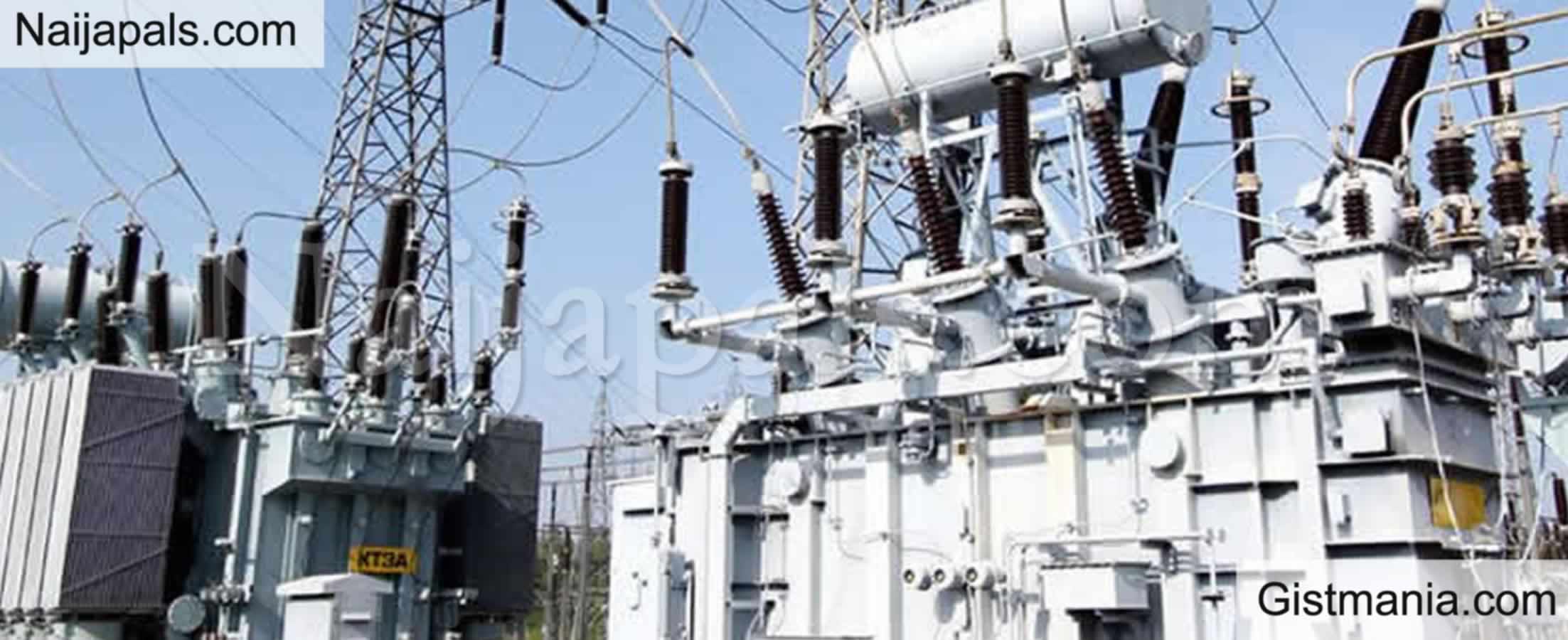
For the uninitiated, President Bola Tinubu signed into law the 2023 Electricity Act on Friday, June 9, 2023.
The new law, passed by lawmakers in July 2022, replaces the 2005 Electricity and Power Sector Reform Act and seeks to liberalise the Nigerian power sector.
The main aim of the bill is to create a comprehensive legal and institutional framework to guide the Nigerian Electricity Supply Industry (NESI).
With the 2023 Electricity Act now in operation, the age-long issue of monopoly in electricity generation, transmission, and distribution at the national level will no longer be tenable.
2 The law allows states, companies, and individuals to generate, transmit and distribute electricity.
3 Anyone licensed to generate electricity under the new law bears the responsibility to meet renewable generation obligations as may be prescribed by NERC.
4 The commission can surrender regulatory responsibilities to state regulators when they are established.
5 NERC will not transition regulatory powers to a state until such a state has passed its electricity market laws.
6 It empowers anyone to construct, own, or operate an undertaking for generating electricity not exceeding one megawatt in aggregate at a site, or an undertaking for distribution of electricity with a capacity not exceeding 100 kilowatts in aggregate at a site, or such other capacity as the commission may determine from time to time, without a licence.
7 Electricity generating companies will be mandated to either generate power from renewable energy sources, purchase power generated from renewable energy or procure any instrument representing renewable energy generation.
8 The law empowers lawmakers to carry out oversight responsibilities and function over the NESI through its respective committees on Power in both the Senate and House of Representatives.
9 Though states are allowed to regulate electricity markets by issuing licences to private investors who can operate mini-grids and power plants within the state, the act prohibits interstate and transnational electricity distribution.
10 For now, only three states which include Lagos, Edo, and Kaduna, have in place electricity market laws and can start regulating their markets.
11 For other states without electricity market laws, NERC will continue to regulate their electricity generation and transmission.
| Posted: at | |



 TRENDING GISTS
TRENDING GISTS  Moment A Man Stole iPhone 14 Pro Max & Samsung Phone While Salesgirls Were in Deep Sleep
Moment A Man Stole iPhone 14 Pro Max & Samsung Phone While Salesgirls Were in Deep Sleep JAMB Set to Release 2025 UTME Results Today
JAMB Set to Release 2025 UTME Results Today What You Should Know About The New Pope Leo XIV, Born Robert Francis Prevost
What You Should Know About The New Pope Leo XIV, Born Robert Francis Prevost Fan Gushes As MC Oluomo’s Daughter Gets Engaged
Fan Gushes As MC Oluomo’s Daughter Gets Engaged VIDEO; "Davido Gifted My Girlfriend ₦10 Million For Supporting Me" - Rapper, Odumodublvck
VIDEO; "Davido Gifted My Girlfriend ₦10 Million For Supporting Me" - Rapper, Odumodublvck Mayor Of Boston Celebrates Nigerian Singer, Rema’s Role In Championing Afrobeat Worldwide
Mayor Of Boston Celebrates Nigerian Singer, Rema’s Role In Championing Afrobeat Worldwide PHOTOS: Troops Arrest Four Suspected Terrorists, Recover Arms And Ammunition In Taraba
PHOTOS: Troops Arrest Four Suspected Terrorists, Recover Arms And Ammunition In Taraba